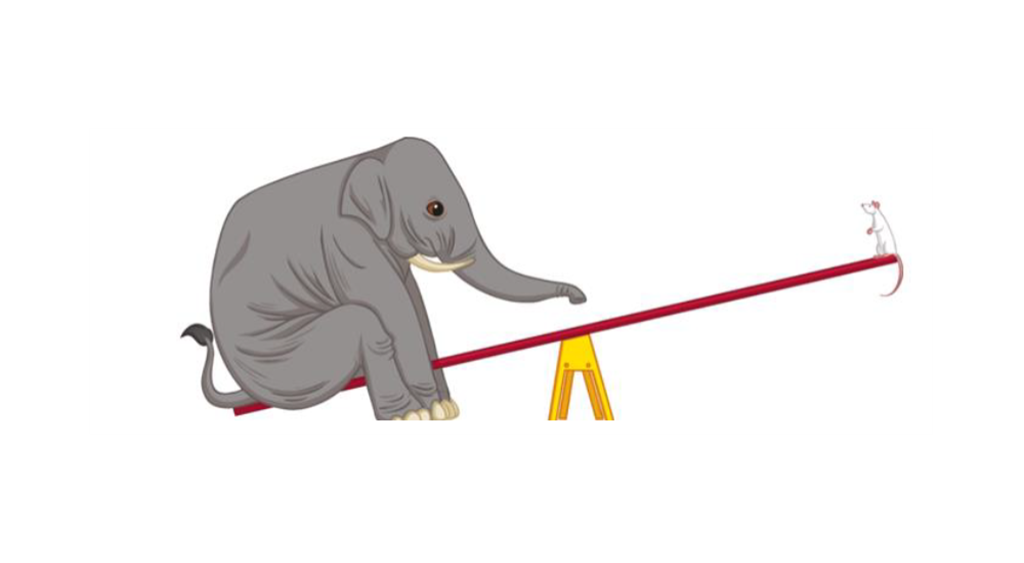The Role Of Inclusion In The Running Community
16 December 2021

Written by Liz Purbrick, England Athletics Inclusion Manager.
Inclusion is one of our core values at England Athletics and one of the guiding principles of RunTogether.
But how comfortable are we with talking about inclusion in athletics and running psychology? Well, what if we all got comfortable with being uncomfortable talking about inclusion? I think this could be where some magic might happen. And when I say magic, I mean learning, I mean self-reflection, and I mean change.
When I talk about inclusion, I prefer to talk about belonging. Really, that’s what inclusion is. Real, genuine inclusion makes people feel like they belong. When I speak to athletics and running communities about belonging, they talk about being welcomed and valued. They talk about being themselves and feeling happy.
This is how we want people in athletics and running to feel, whatever their role. Fortunately, belonging is exactly what athletics and running brings to millions of people across England. It provides a space to connect with others. It provides happiness and it becomes part of their identity.
But it’s important to note, this running support doesn’t work for everybody.
So why don’t people always feel like they belong?
In her book ‘The Loudest Duck’, Laura Liswood talks about the elephant and mouse syndrome. This has a lot of relevance to running psychology and is a great way for us to think about power. Generally, people don’t like the word power. At the same time, it is important and can be quite profound to accept that sometimes we have it. So, we should take the time to really understand our own power and its effect on others.
If you think about the elephant and the mouse, the elephant is big and heavy, it doesn’t need to know much about the mouse to survive, and has a lot of power. Now the mouse, on the other hand, is small, needs to know everything about the elephant to survive, and has less power. The elephant can represent a dominant group and the mouse can represent a non-dominant group.
Dominant groups have more power. Fact. And a person from a dominant group can assume that the world operates for everyone the way it does for them. The key thing here, and the part that is most important to running psychology, is that a lot of the time the person from the dominant group is not aware they are an elephant. They don’t appreciate the power they have. And that is an opportunity lost to include others.
Determining our power
Gender, disability, ethnicity, sexual orientation, age, socio-economic group, and many other factors all intersect to determine our power. So does our position or role in the sport, whether it’s running group leader, coach, official, or so on. So, it’s important for us to consider when we are an elephant and when we are a mouse. Depending on your situation, your power will change. If you think about different scenarios, perhaps even in running communities and groups, you’ll realise that sometimes you are an elephant and sometimes you are a mouse. Depending on those different factors, some people will be an elephant more often than they are a mouse, and vice versa.
What can we do about it?
So now we know about the elephant, what can we do about it? By recognising and acknowledging any advantage and power we have, we can use this to help others in the running community and in running groups belong. By taking the time to consider whose voices are not represented, and actively listening and validating the experiences of others, we can understand why they are not included and make changes. Inclusion is summed up nicely in a great video by Accenture called #InclusionStartsWithI. Today though, I really do hope it starts with U!
If you want to support your running group or club to be more inclusive, check out the ClubMatters training ‘A Club for Everyone’. You can also stay up to date with our running support for the community by checking out our other blog posts! If you’d like to get in touch, send us an email with your own experiences or questions to hello@englandathletics.org.
more blogs




